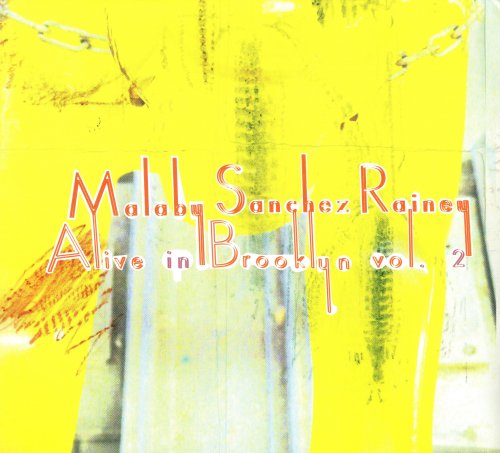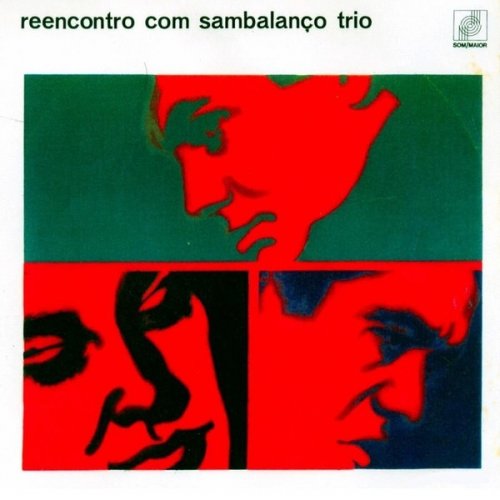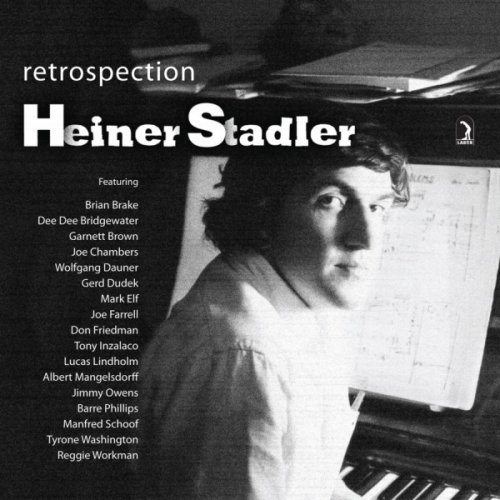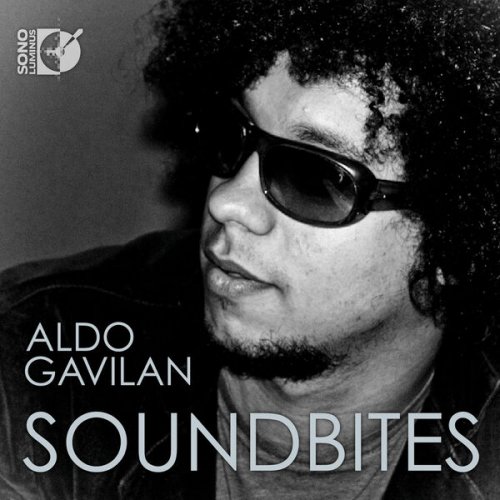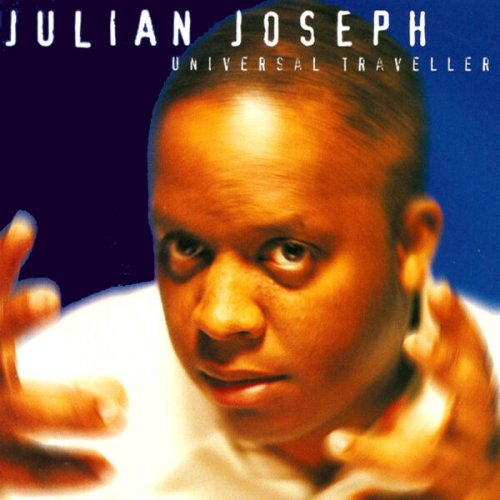Mark Elder - Donizetti: Dom Sebastien, roi de Portugal (2007)
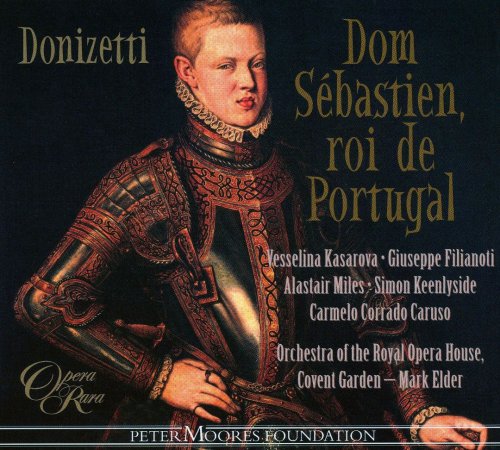
Artist: Sir Mark Elder
Title: Donizetti: Dom Sebastien, roi de Portugal
Year Of Release: 2007
Label: Opera Rara
Genre: Classical
Quality: FLAC (image + .cue, log, artwork)
Total Time: 02:55:58
Total Size: 674 MB
WebSite: Album Preview
Tracklist:Title: Donizetti: Dom Sebastien, roi de Portugal
Year Of Release: 2007
Label: Opera Rara
Genre: Classical
Quality: FLAC (image + .cue, log, artwork)
Total Time: 02:55:58
Total Size: 674 MB
WebSite: Album Preview
CD 1
01. Act 1. Prélude
02. Act 1. Introduction. Nautonniers, mettez à la voile!
03. Act 1. Introduction. Ainsi nous l'emportons
04. Act 1. Air. Encore ce soldat, qui me poursuit
05. Act 1. Air. Soldat, j'ai rêvé la victoire
06. Act 1. March funèbre et Final. Regarde!
07. Act 1. March funèbre et Final. Quelle est-elle?
08. Act 1. March funèbre et Final. O mon Dieu, sur la terre
09. Act 1. March funèbre et Final. Entendez-vous le trompette
10. Act 1. March funèbre et Final. Qui, le ciel m'enflamme et m'inspire!
11. Act 1. March funèbre et Final. Entendez-vous le trompette
12. Act 2. Choeur. Les délices de nos campagnes
13. Act 2. Romance. Que faite? Où cachet ma tristesse?
14. Act 2. Après la Romance. Eh quoi? Ton front toujours voile
15. Act 2. Ballet Music. Pas de Trois
16. Act 2. Ballet Music. Pas de deux
17. Act 2. Ballet Music. Danse final
CD 2
01. Act 2. Final. Eh quoi! des danses et des fêtes!
02. Act 2. Final. Une épée!... une épée!...
03. Act 2. Final. Victoire! victoire! victoire!
04. Act 2. Final. Il est tombé!... Parmi ces cadavres
05. Act 2. Final. Grand Dieu!... sa misère est si grande
06. Act 2. Final. Vouloir sauver mes jours
07. Act 2. Final. Courage!... ô mon roi! courage!
08. Act 2. Final. Du sang! du sang!...
09. Act 2. Final. Eh bien donc!...
10. Act 2. Final. Seul sur la terre
11. Act 3. Récitatif et Duo. Pour éteindre une guerre aux deux
12. Act 3. Récitatif et Romance. Sur le sable d'Afrique
13. Act 3. Récitatif et Romance. Qui vive!...
14. Act 3. Final. C'est un soldat qui revient
15. Act 3. Final. Requiem
16. Act 3. Final. D'un monarque imprudent oublions
17. Act 3. Final. Misérable qui arrive
CD 3
01. Act 4. Choeur et Final. O voûtes souterraines!
02. Act 4. Choeur et Final. Toi qui, par un mensonge impie
03. Act 4. Choeur et Final. Grand Dieu!
04. Act 4. Choeur et Final. D'espoir, et de terreur
05. Act 4. Choeur et Final. Arrête...
06. Act 4. Choeur et Final. Va, parjure! épouse impie
07. Act 4. Choeur et Final. Ah! Zayda!
08. Act 5. Duo. Ainsi les Espagnols s'avancent?
09. Act 5. Duo. Tes jours et ceux de ton complice
10. Act 5. Duo. La mort! Ce mot naguère
11. Act 5. Duo. Zayda!
12. Act 5. Duo. Son âme noble et fière
13. Act 5. Duo. Entends-tu, Zayda
14. Act 5. Barcarolle. O matelots, ô matelots...
15. Act 5. Trio. Camoëns!
16. Act 5. Final. A moitié du chemin ces remparts
Donizetti considered Dom Sébastien, Roi de Portugal (1843), his final completed opera written for the Paris Opéra, to be his masterpiece. In spite of its relative obscurity, on the basis of this recording, one is inclined to agree with him. The opera has several attributes that in the past have proved to be obstacles to its popularity. The first is its length -- it's in five substantial acts and lasts three hours, but that's not so onerous for contemporary audiences accustomed to Wagner and Strauss. Besides, the composer created an abbreviated version for Viennese audiences, who at that time wanted to be out of the theater by 10 p.m., and that version could be used if necessary. The extravagant scenic and musical demands (at the premiere, there were 500 people on-stage at one point) put the opera outside the capability of all but the largest companies. A third difficulty for early audiences was the relentlessly dark subject matter; besides the many personal tragedies that make up the plot, the opera is ultimately a national tragedy as well -- at the finale, Portugal has been lost to Spain, whose ships are seen approaching over the horizon as the curtain falls. Donizetti's music is appropriately somber, and at times, chilling. For modern audiences, whose sensibilities can accommodate Wozzeck or Elektra, the sadness and brutality of Dom Sébastien shouldn't be a deterrent to its viability.
Based on a romanticized version of the life of the historical King Sebastian of Portugal (1554-1578), the opera downplays the king's spectacularly inept political and military career and focuses on his selfless devotion to Zayda, a Moorish convert to Christianity, and their attempts to evade her husband Abayaldos, a North African chieftain, and his army; the Inquisition; Sebastian's unfaithful deputies, and the impending threat of Spanish conquest. Needless to say, their story ends in tragedy, and in the end only Spain and the Inquisition are triumphant.
Dom Sébastien contains some of Donizetti's most mature and inspired music. Many scenes have a psychological depth and musical continuity that presage Verdi's operas. In a number of its details, Dom Sébastien transcends the conventions of early nineteenth century bel canto opera. It opens with a stark percussion tattoo that is eventually overlaid with a Renaissance-like chorale in the winds. When the chorale reappears in the third act, sung as a requiem by an a cappella choir, the effect is overwhelmingly moving. The Act I entrance of the Inquisitors bringing a victim to execution is a masterpiece of harmonic control and orchestration, and as a depiction of pure evil. The Act IV sextet doesn't have as catchy a tune as the Lucia sextet, but it's no less psychologically probing and is even more musically ingenious.
This splendid performance could hardly be improved upon. Although the recording was made at a concert presentation, the singers' performances are charged with a high sense of drama. As Dom Sébastien, tenor Giuseppe Filianoti is heroic and virile, with a tone that is warm and ringing. Mezzo-soprano Vesselina Kasarova is rich-voiced and poignantly expressive as Zayda. Simon Keenlyside's burnished and athletic baritone gives appropriate menace to Abayaldos. The remaining cast is consistently outstanding. Mark Elder leads the Orchestra and Chorus of the Royal Opera, Covent Garden, in a nuanced and thrillingly dramatic reading of the score. There are a few stage noises, but Opera Rara's overall sound is exemplary. Dom Sébastien is an unjustly neglected masterpiece, and this superb recording would be an ideal way to make its acquaintance. -- Stephen Eddins
Based on a romanticized version of the life of the historical King Sebastian of Portugal (1554-1578), the opera downplays the king's spectacularly inept political and military career and focuses on his selfless devotion to Zayda, a Moorish convert to Christianity, and their attempts to evade her husband Abayaldos, a North African chieftain, and his army; the Inquisition; Sebastian's unfaithful deputies, and the impending threat of Spanish conquest. Needless to say, their story ends in tragedy, and in the end only Spain and the Inquisition are triumphant.
Dom Sébastien contains some of Donizetti's most mature and inspired music. Many scenes have a psychological depth and musical continuity that presage Verdi's operas. In a number of its details, Dom Sébastien transcends the conventions of early nineteenth century bel canto opera. It opens with a stark percussion tattoo that is eventually overlaid with a Renaissance-like chorale in the winds. When the chorale reappears in the third act, sung as a requiem by an a cappella choir, the effect is overwhelmingly moving. The Act I entrance of the Inquisitors bringing a victim to execution is a masterpiece of harmonic control and orchestration, and as a depiction of pure evil. The Act IV sextet doesn't have as catchy a tune as the Lucia sextet, but it's no less psychologically probing and is even more musically ingenious.
This splendid performance could hardly be improved upon. Although the recording was made at a concert presentation, the singers' performances are charged with a high sense of drama. As Dom Sébastien, tenor Giuseppe Filianoti is heroic and virile, with a tone that is warm and ringing. Mezzo-soprano Vesselina Kasarova is rich-voiced and poignantly expressive as Zayda. Simon Keenlyside's burnished and athletic baritone gives appropriate menace to Abayaldos. The remaining cast is consistently outstanding. Mark Elder leads the Orchestra and Chorus of the Royal Opera, Covent Garden, in a nuanced and thrillingly dramatic reading of the score. There are a few stage noises, but Opera Rara's overall sound is exemplary. Dom Sébastien is an unjustly neglected masterpiece, and this superb recording would be an ideal way to make its acquaintance. -- Stephen Eddins
Related Releases:
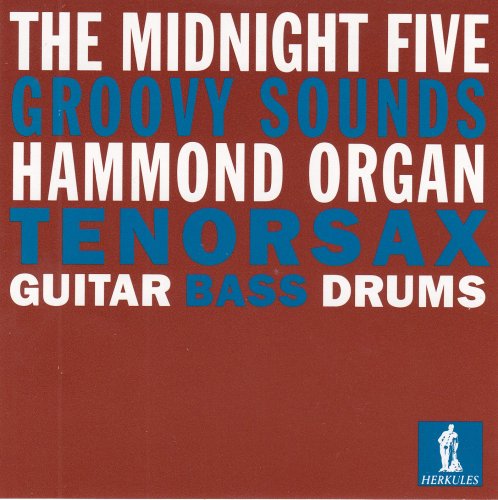
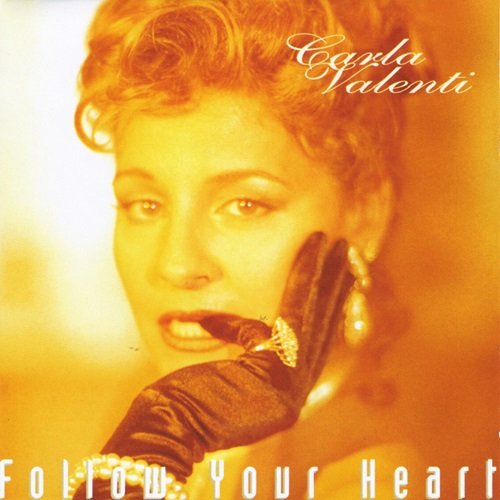
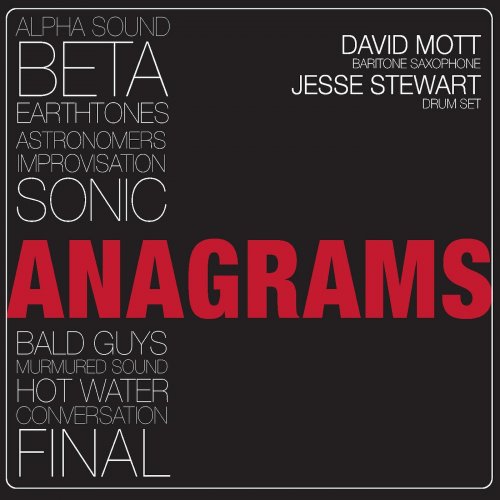
![Stefano Battaglia, Stefano Battaglia Standards Quartet - One Mile Away (2026) [Hi-Res] Stefano Battaglia, Stefano Battaglia Standards Quartet - One Mile Away (2026) [Hi-Res]](https://www.dibpic.com/uploads/posts/2026-03/1772346486_cover.jpg)
